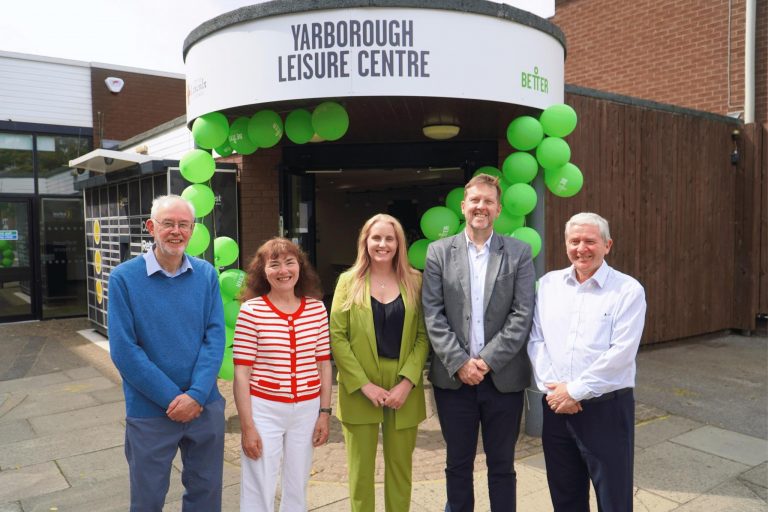A new augmented reality experience has launched in Grimsby, turning parts of the town into a digital gallery accessible by mobile phone.
The project, called Coastal Voice, is led by the charity Music in Mind with support from North East Lincolnshire Council. Funded by the National Lottery Heritage Fund and the UK Shared Prosperity Fund, the initiative uses technology developed by Gazooky Studios in partnership with the European Space Agency.
By scanning QR codes placed at sites including the Fishing Heritage Centre, Freeman Street Market and Central Hall, people can view multimedia works inspired by local history, identity and environment. Content includes community interviews, artwork from local schoolchildren and extracts from a video opera performed by musicians from the Royal Liverpool Philharmonic Orchestra.
The AR gallery builds on three years of collaboration and follows a year-long programme of workshops and interviews across Grimsby, Dover and Sefton. Around 900 people contributed to the project, which set out to capture the voices and character of coastal towns.
The digital experiences are free to access and aim to make local stories, art and music easily available to both residents and visitors.
Image credit: North East Lincolnshire Council











